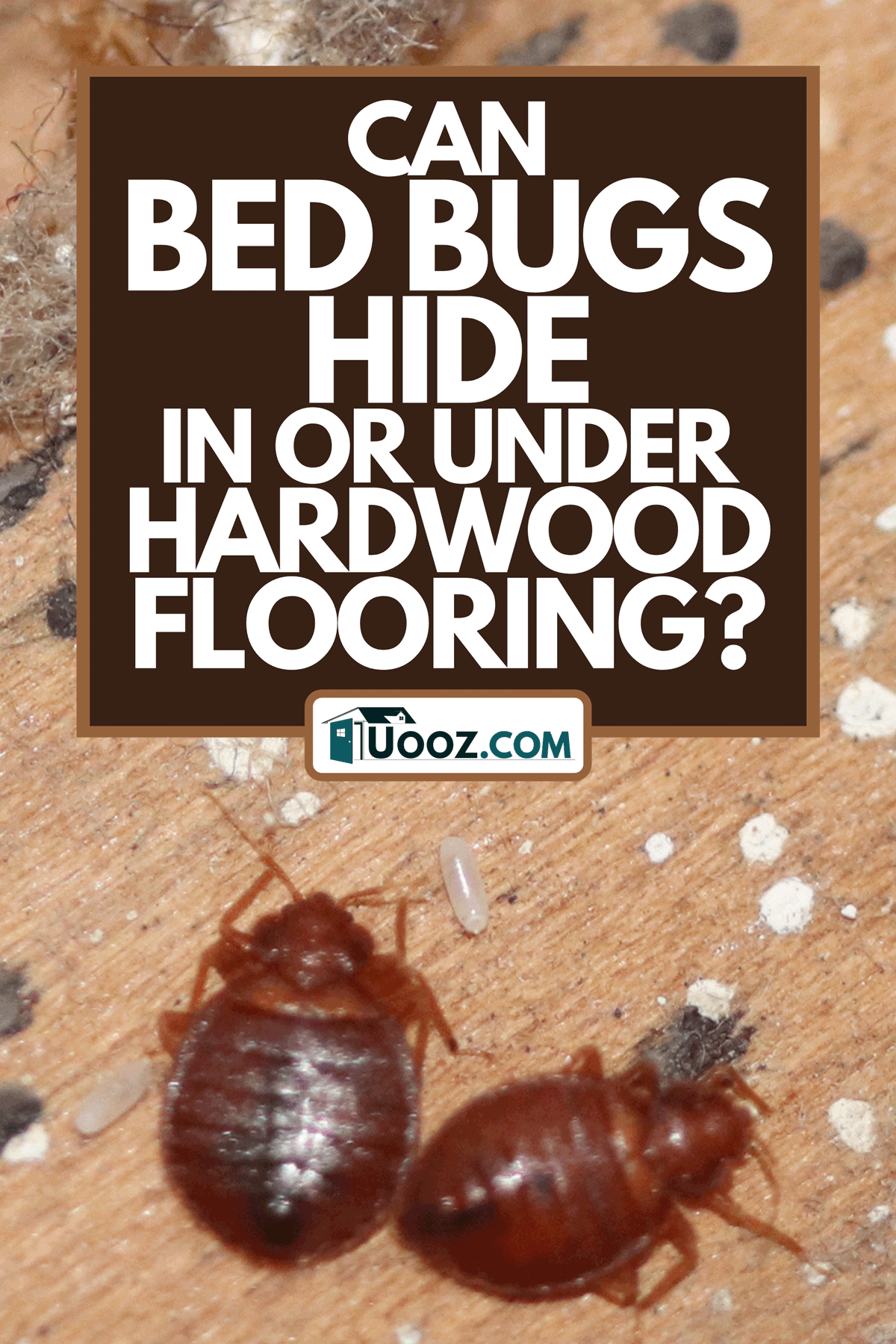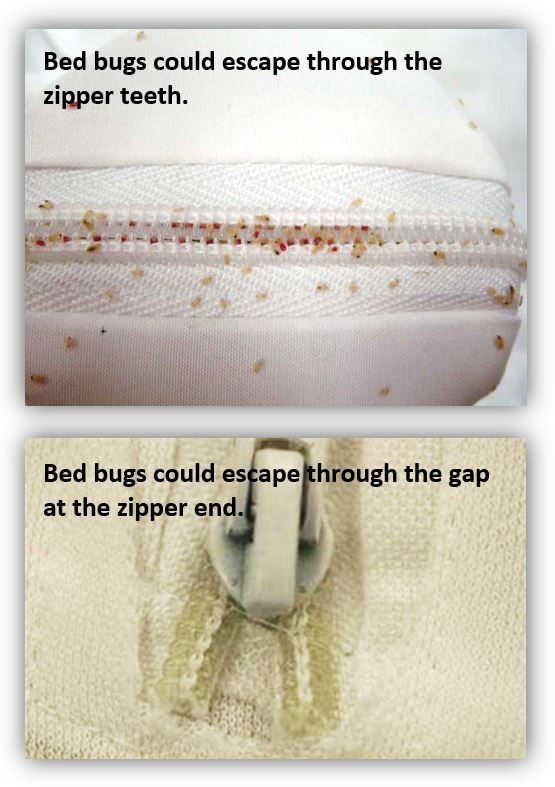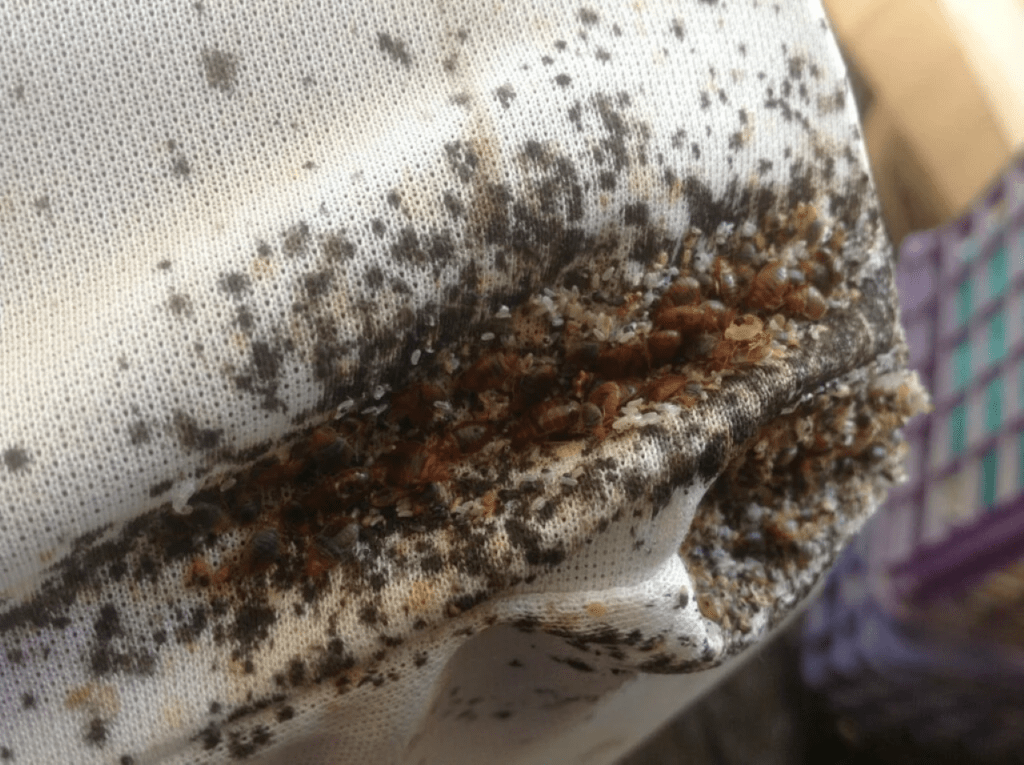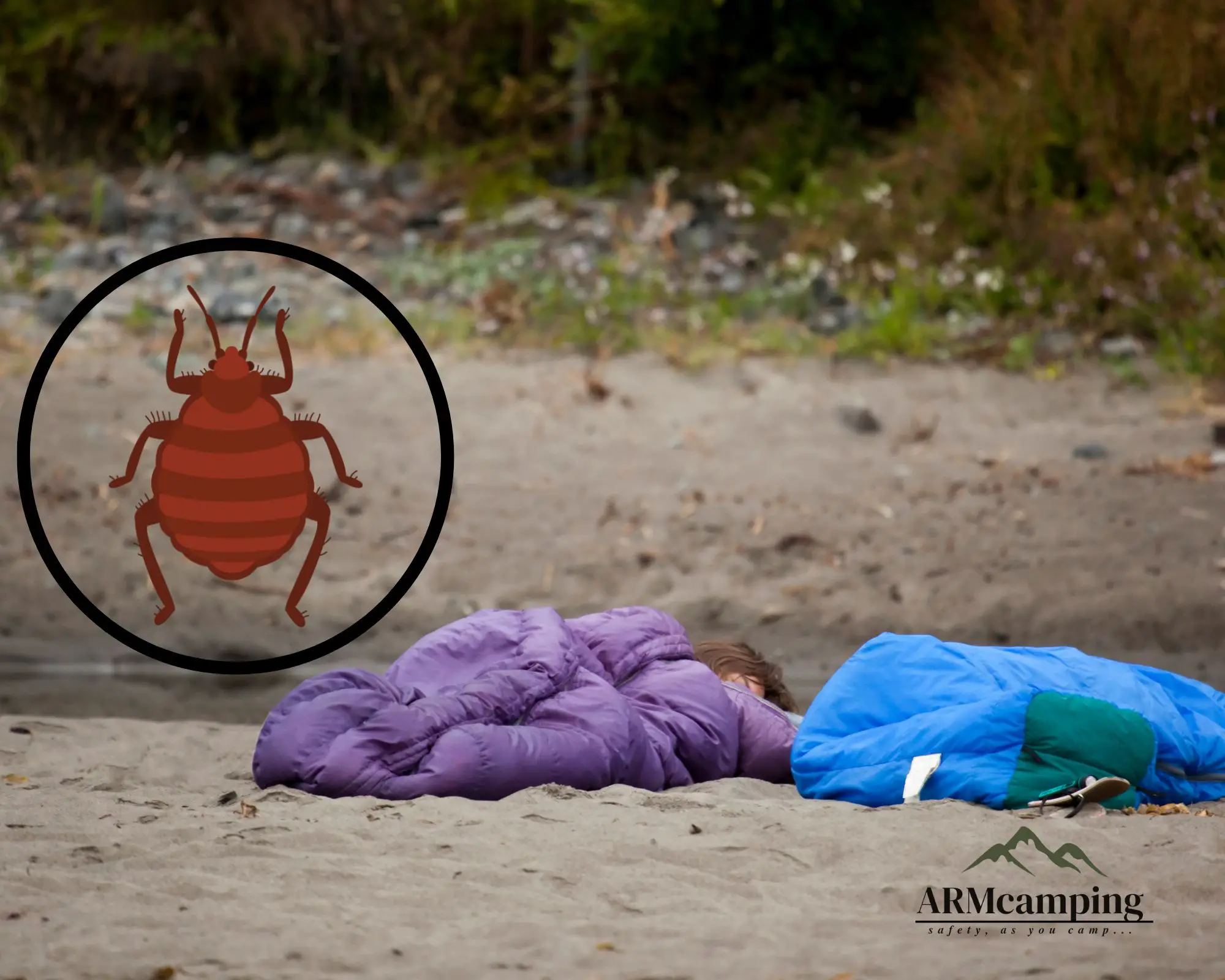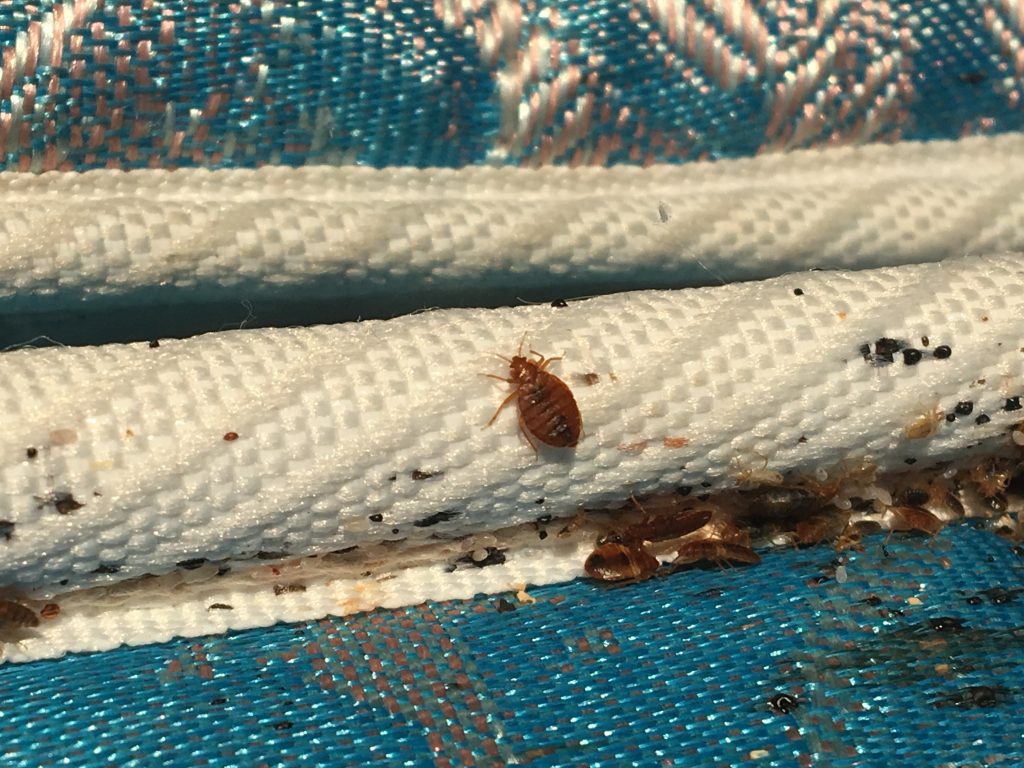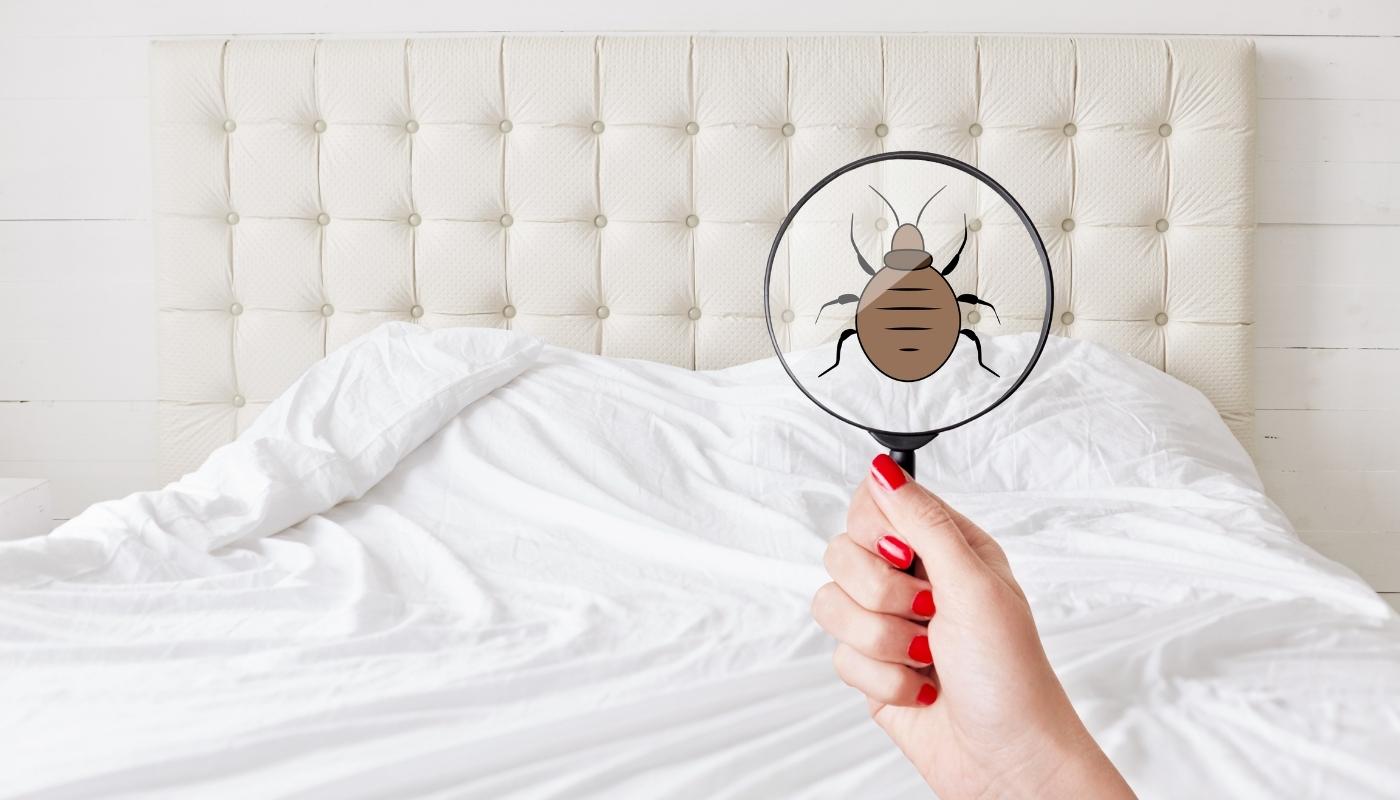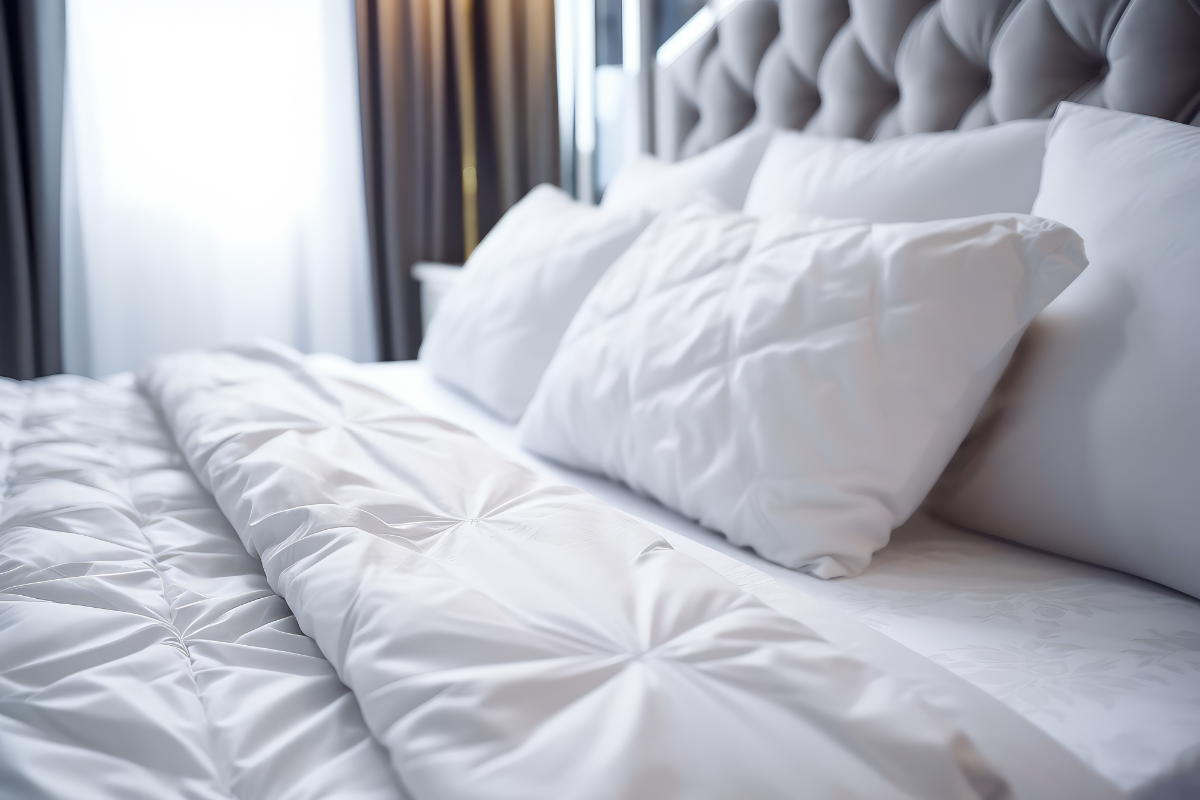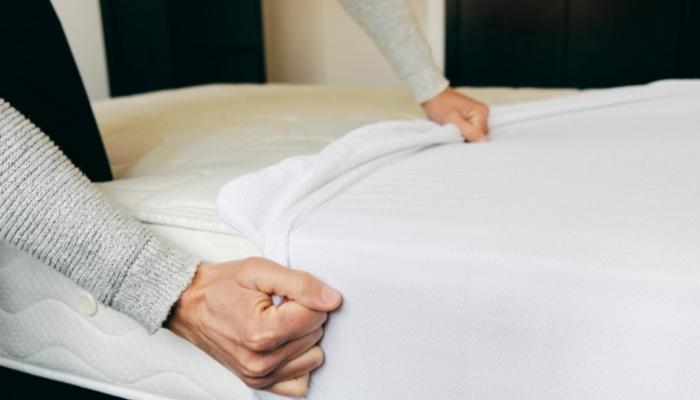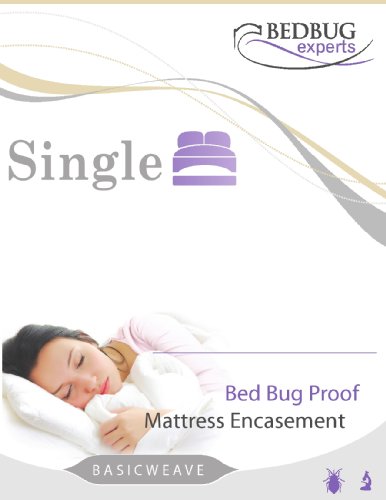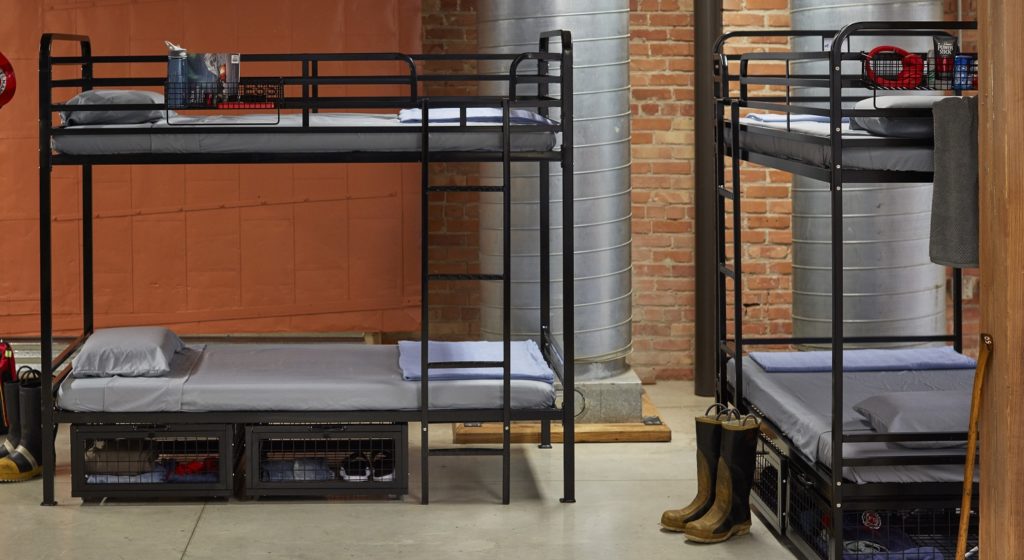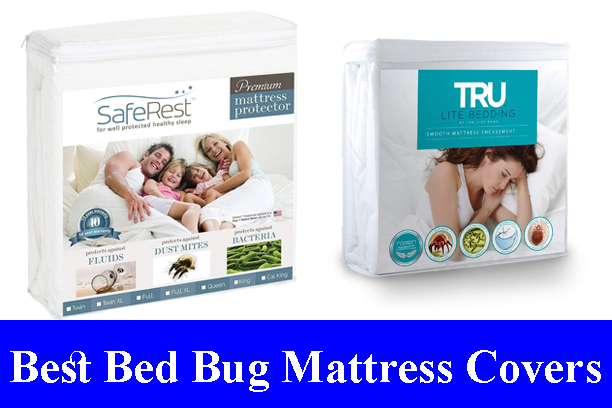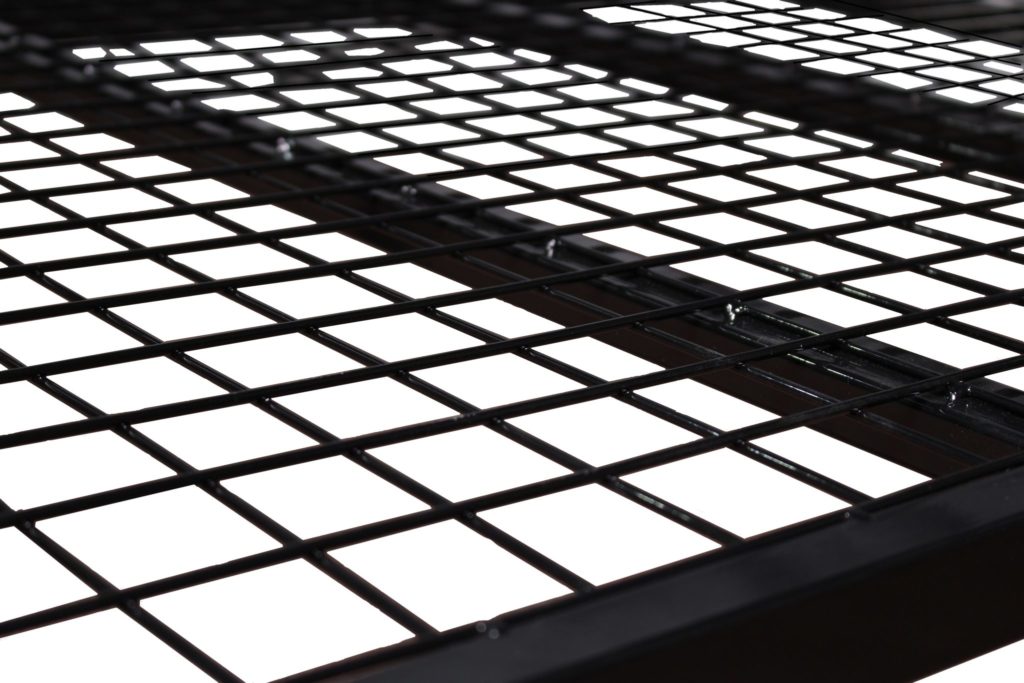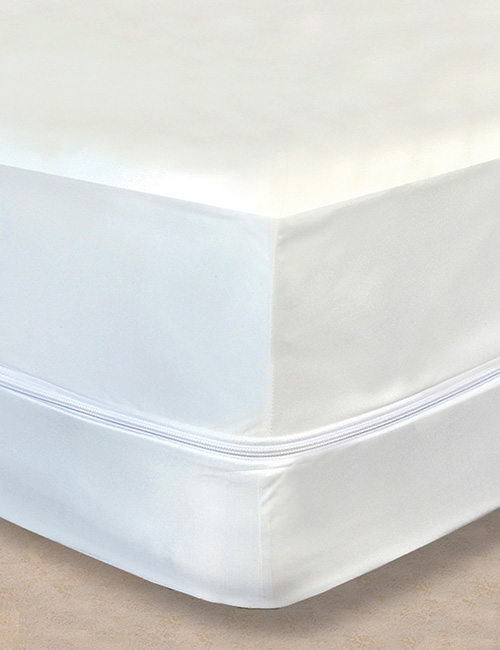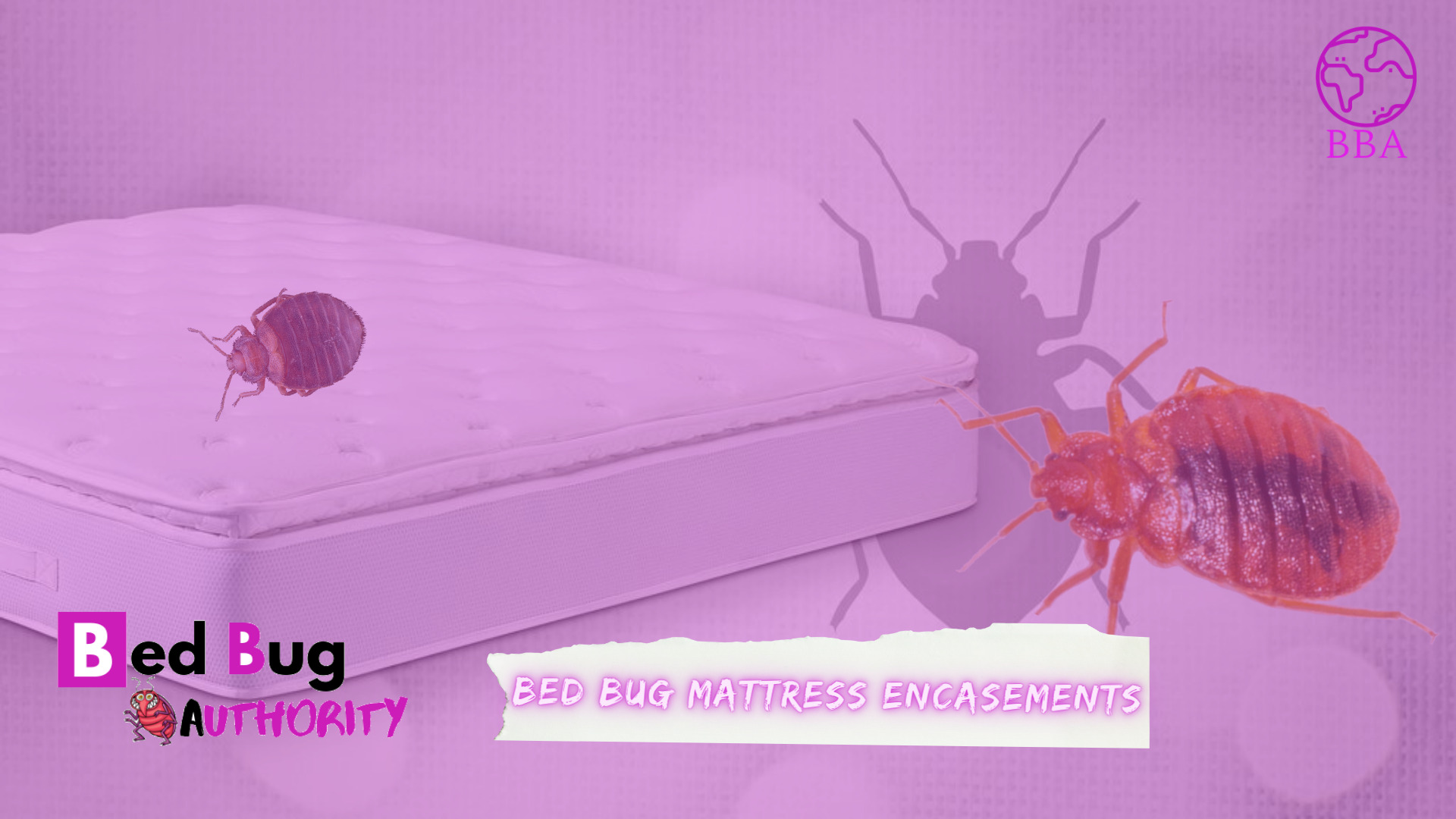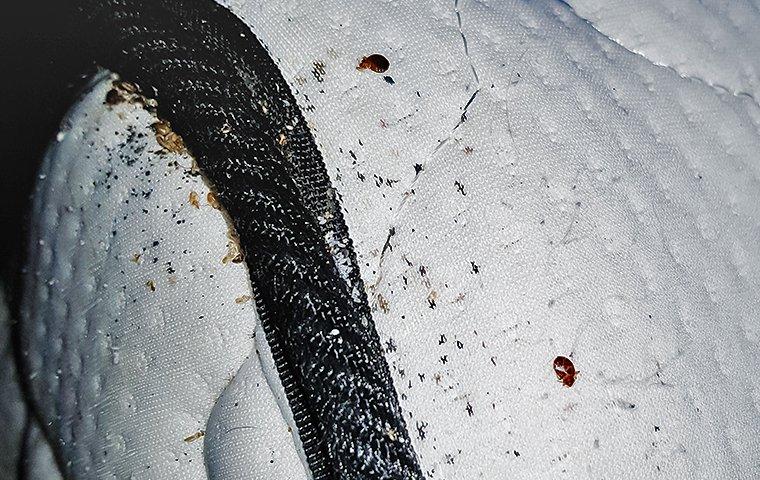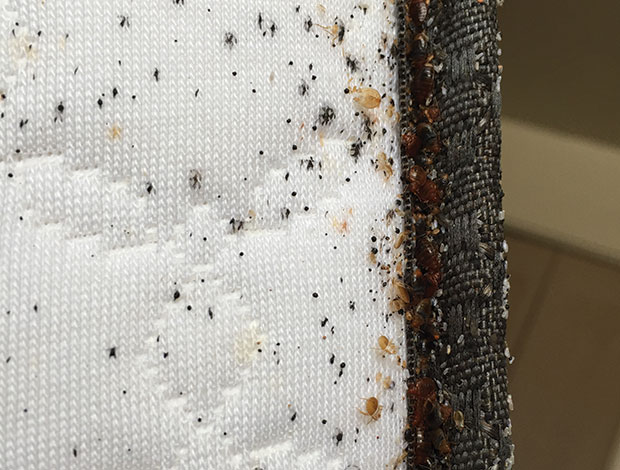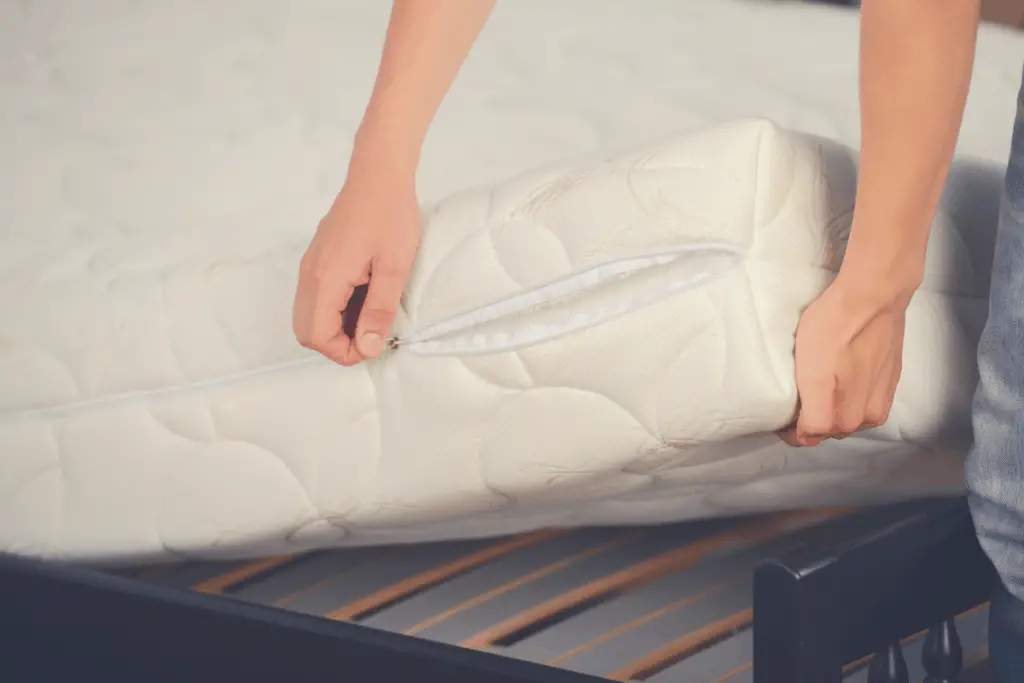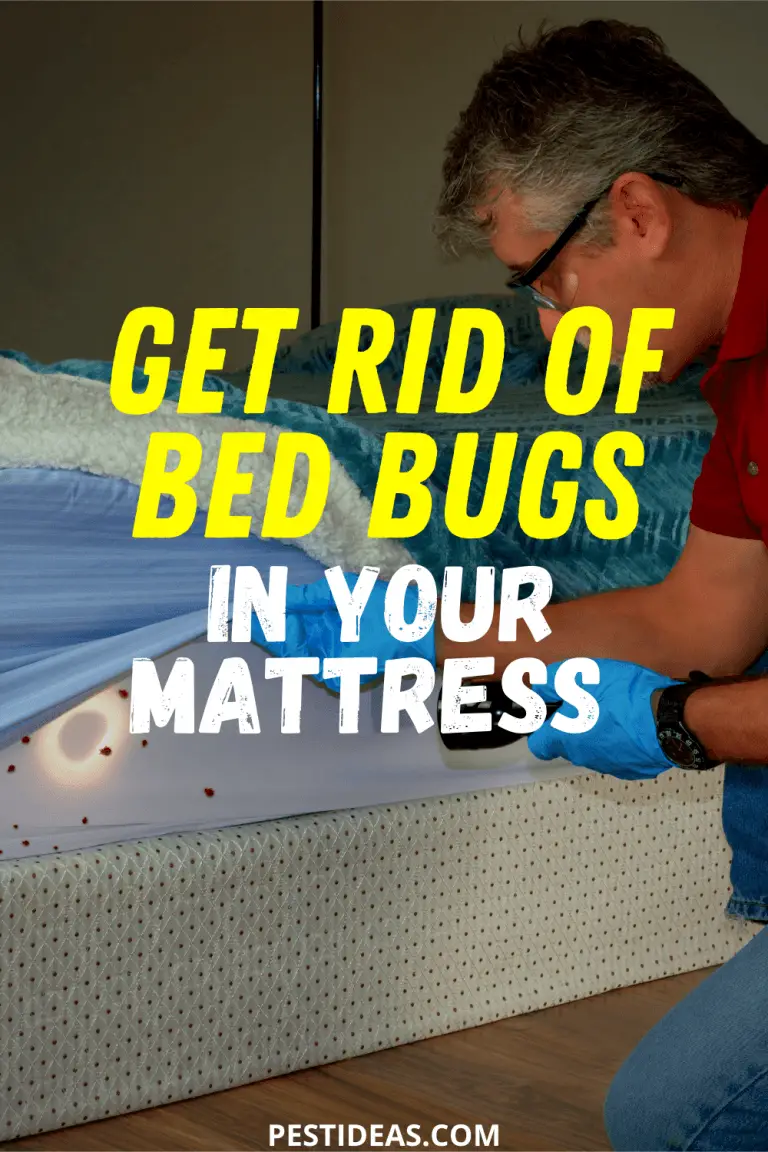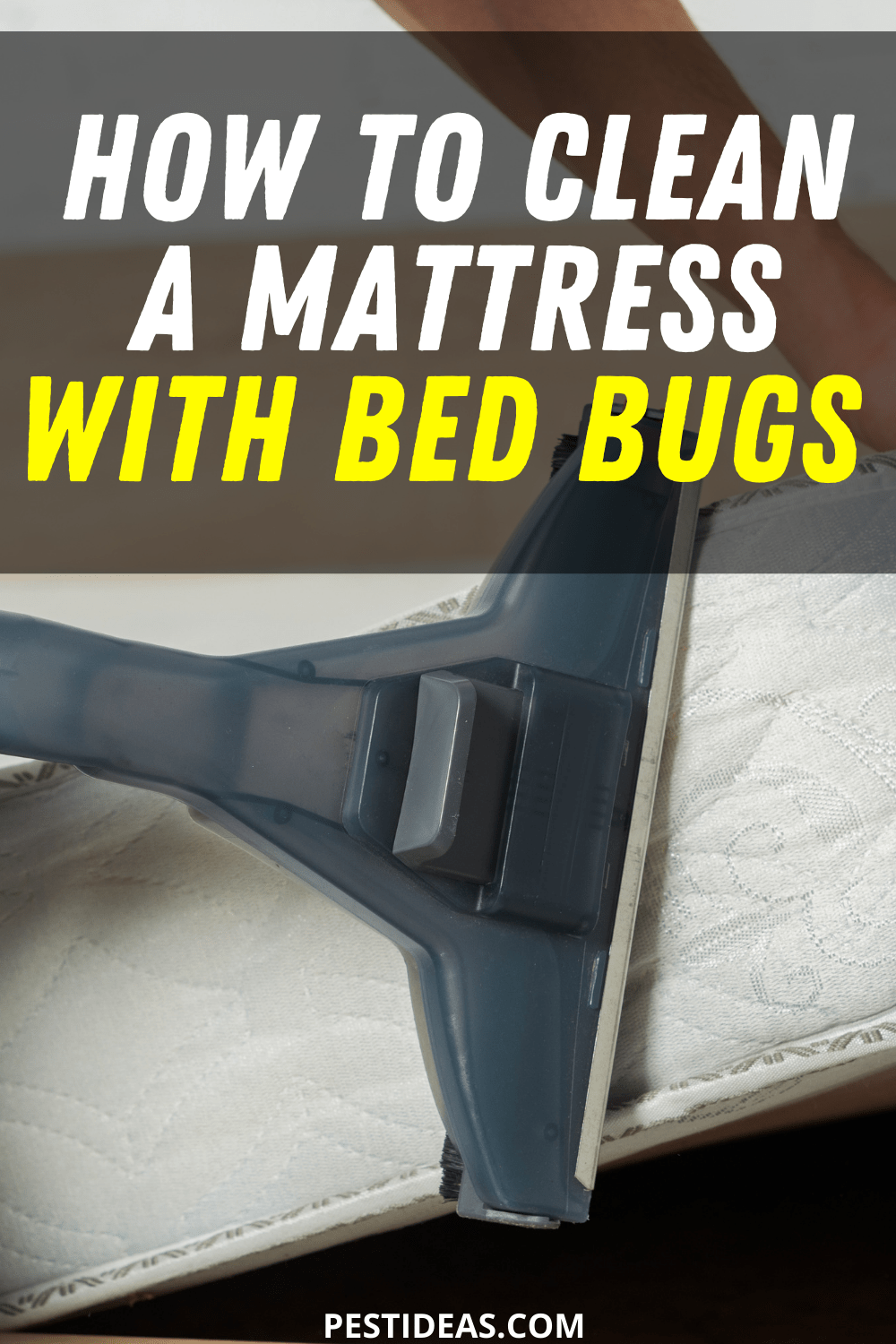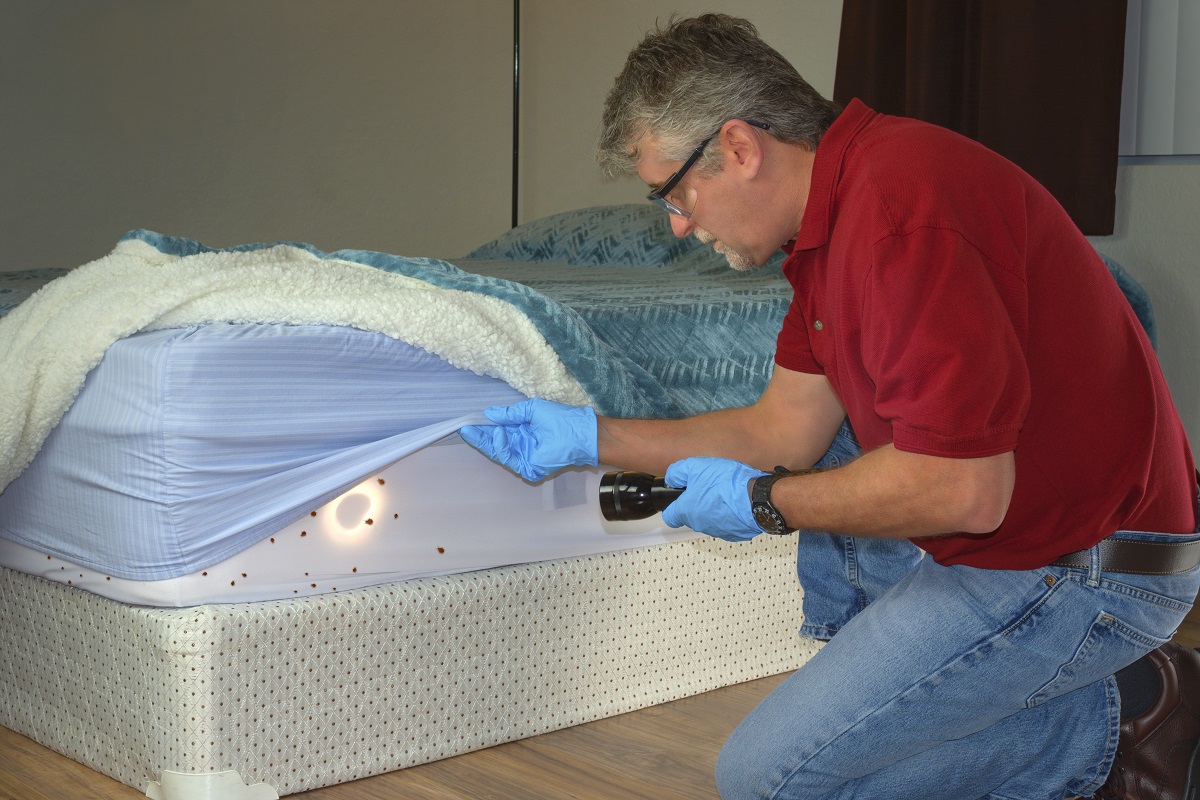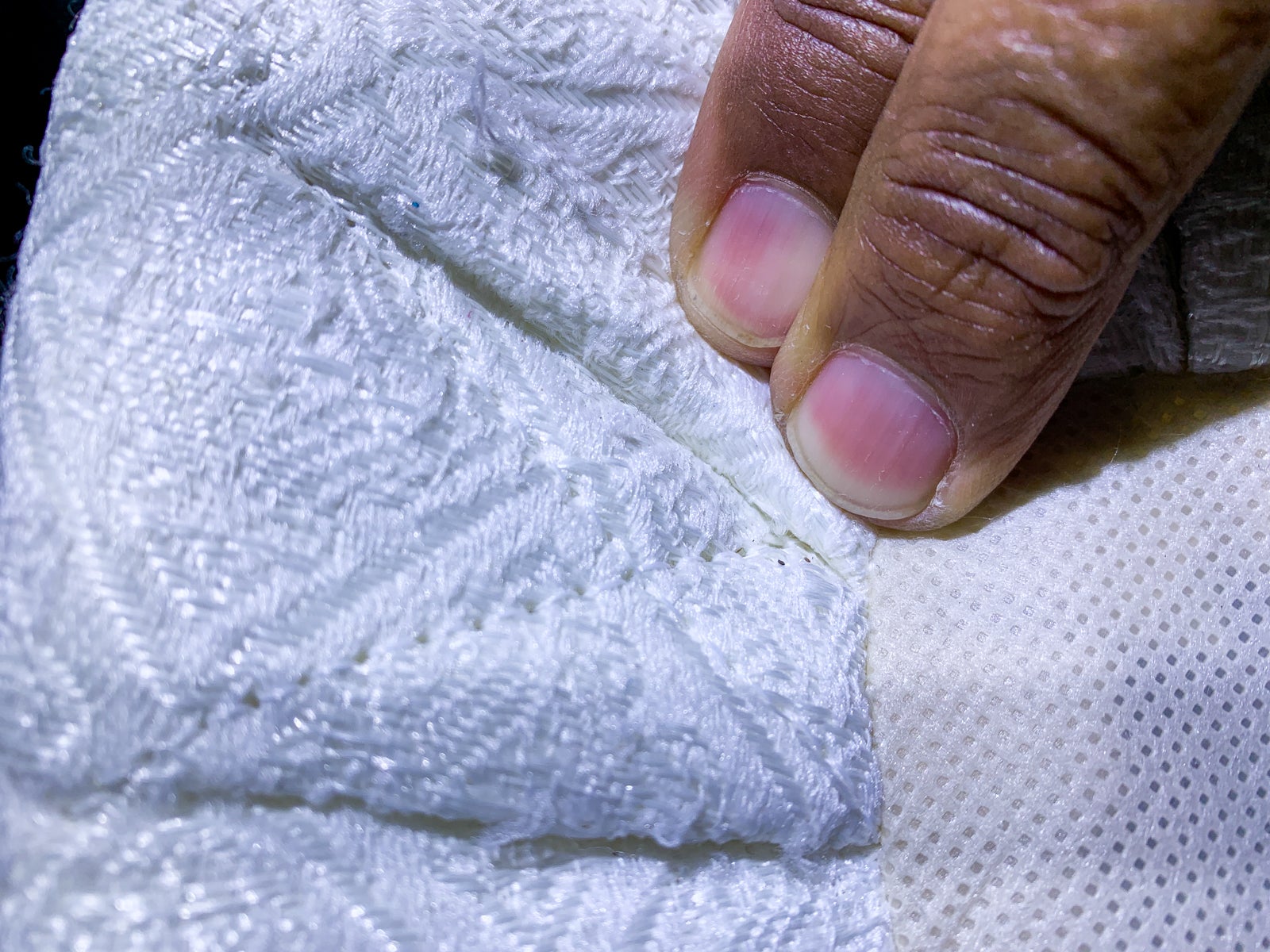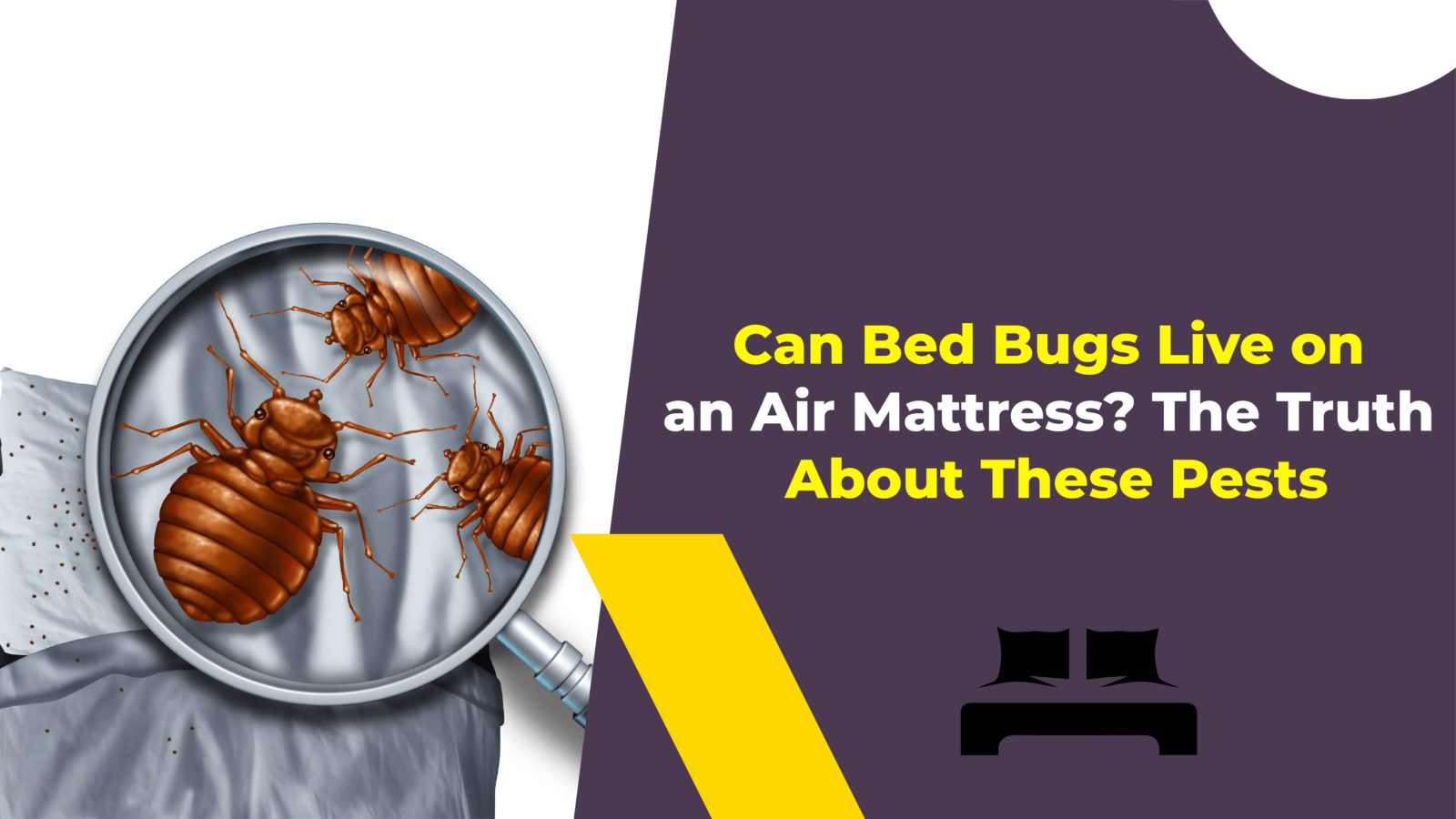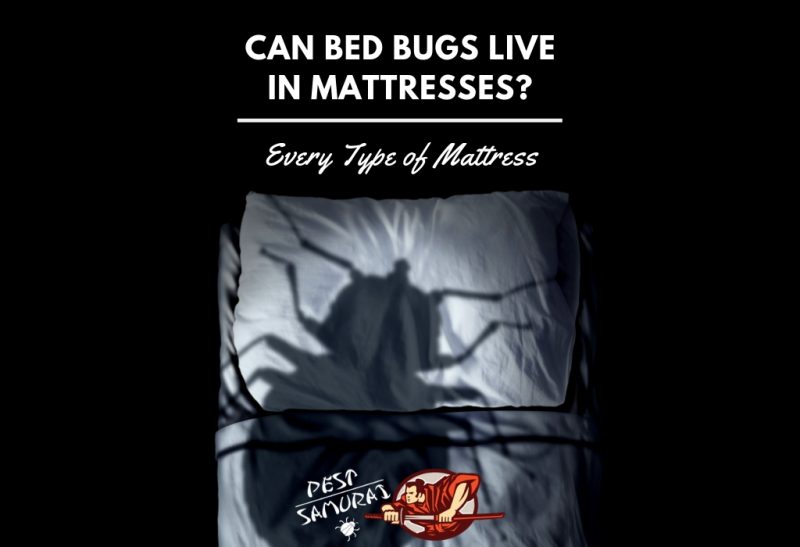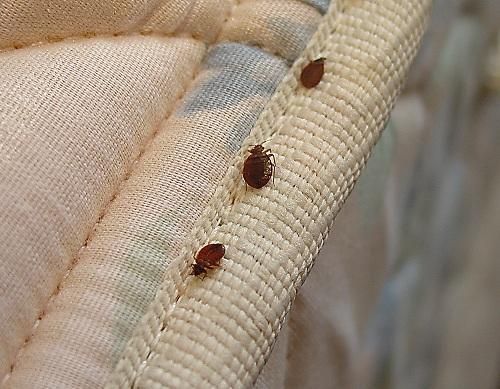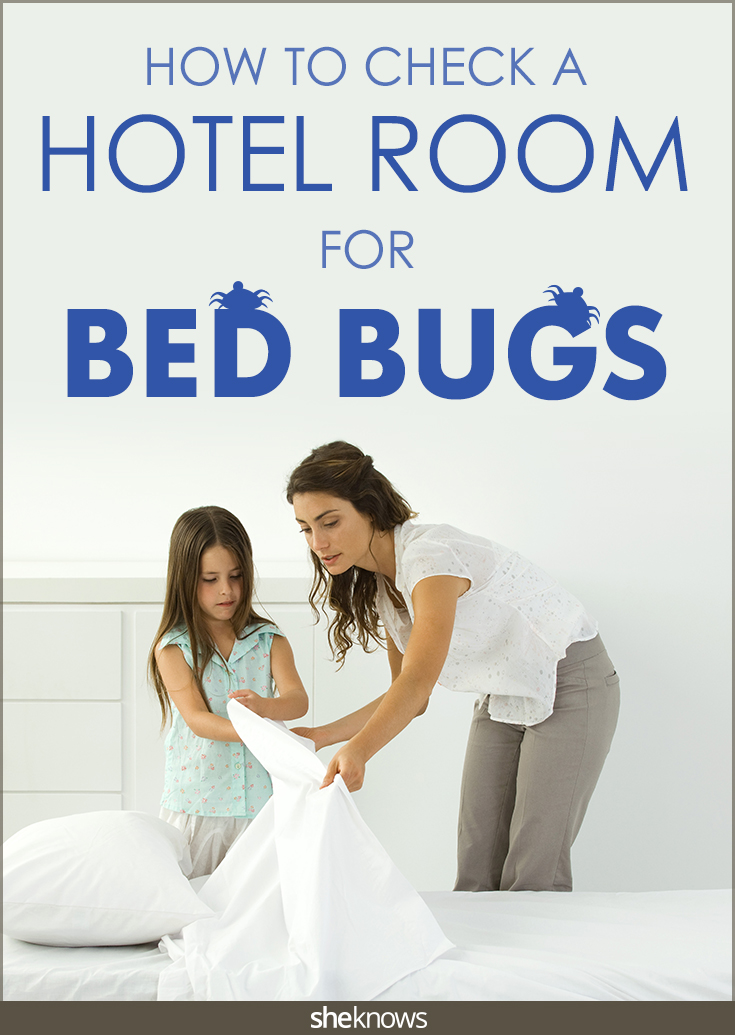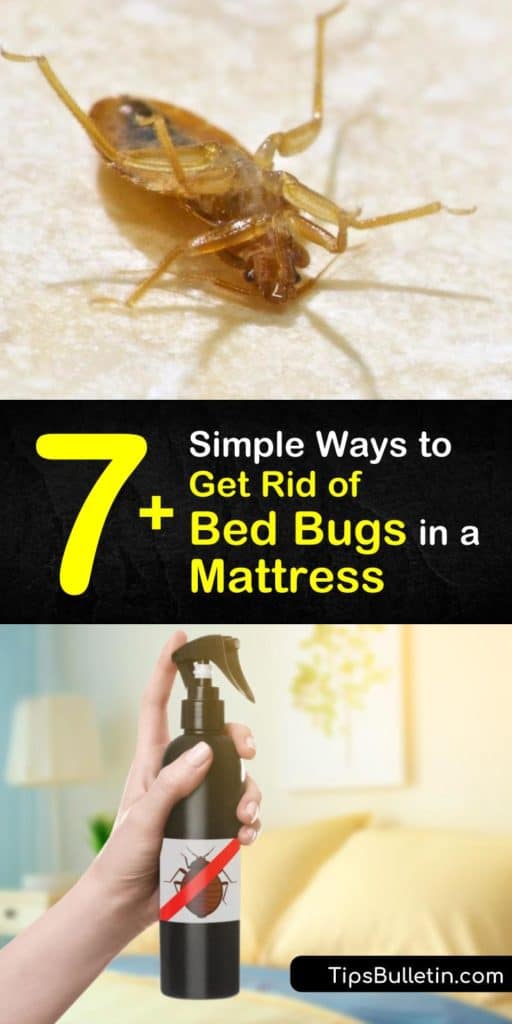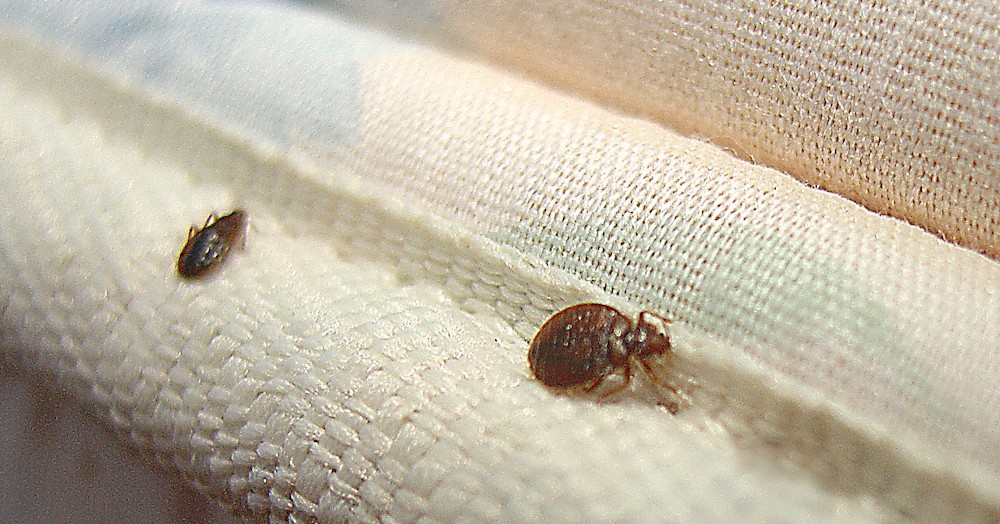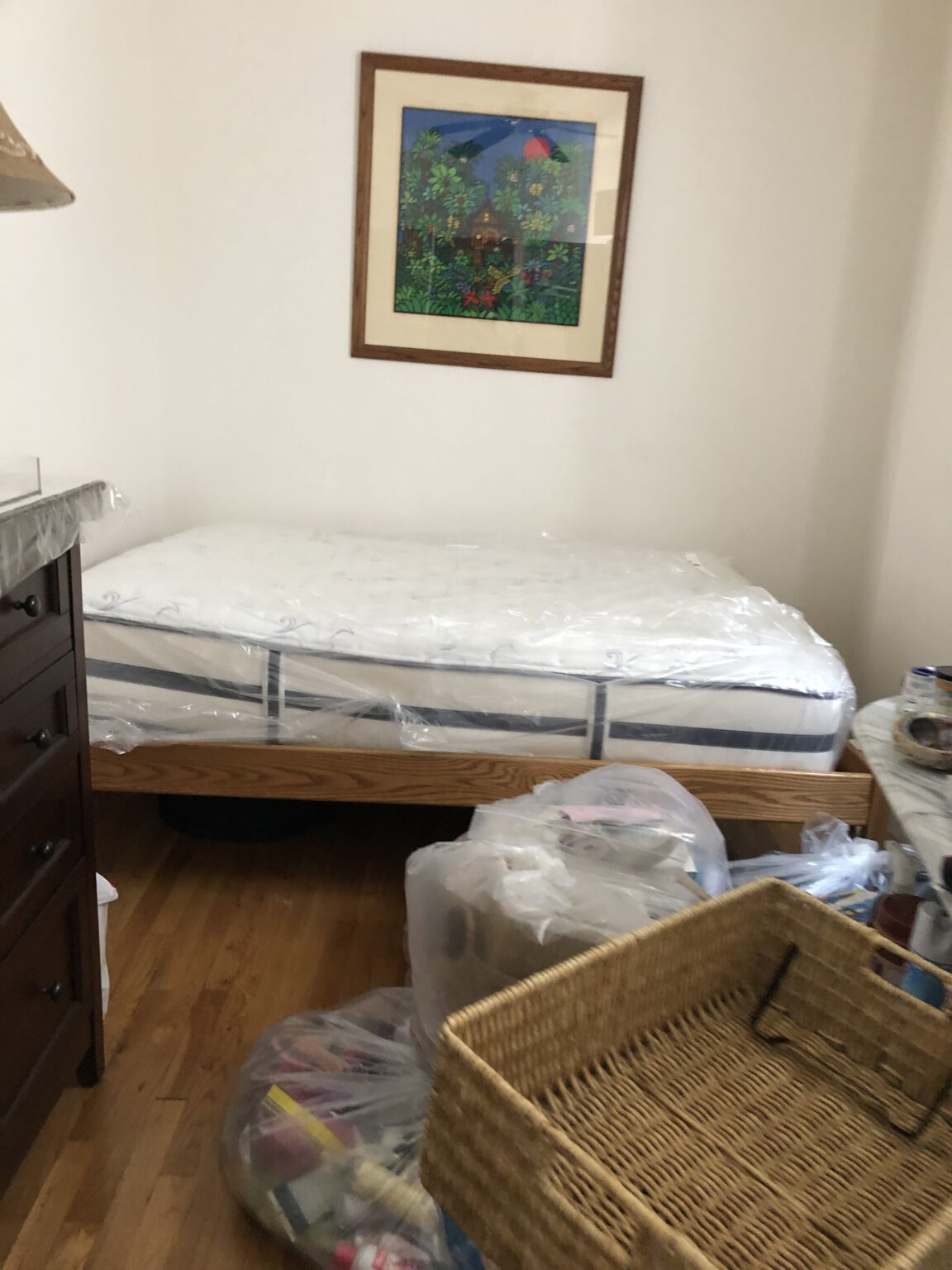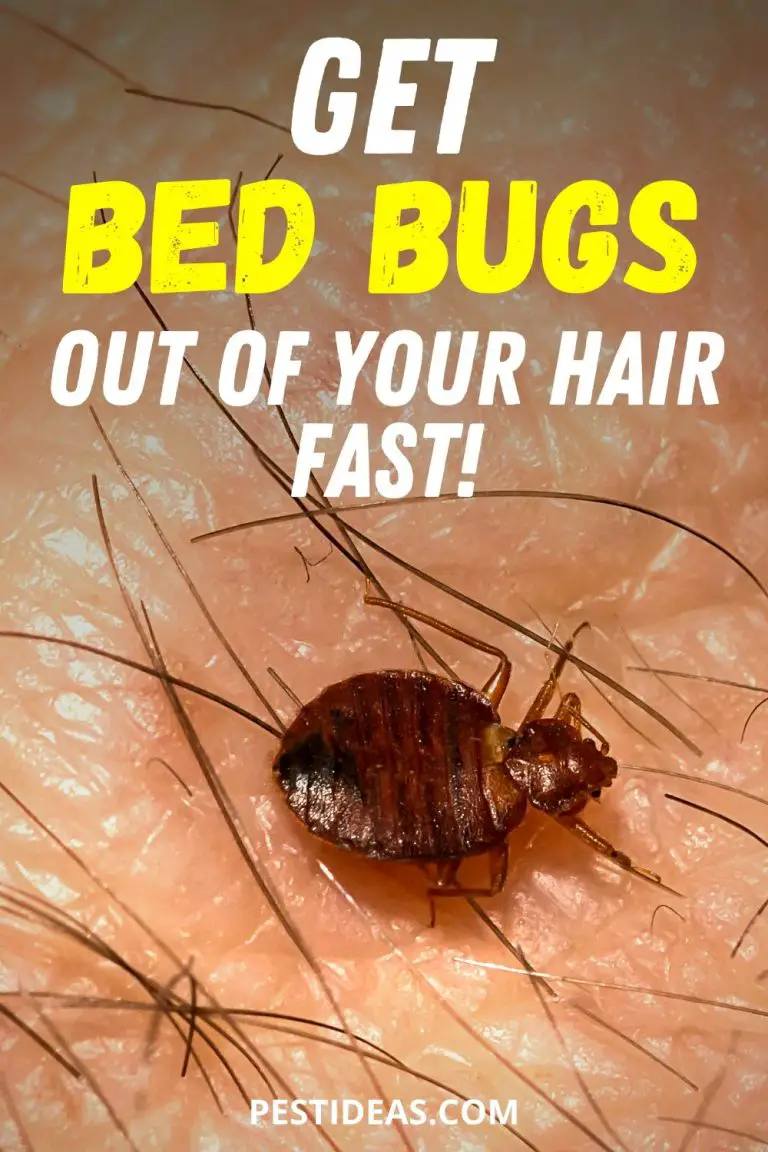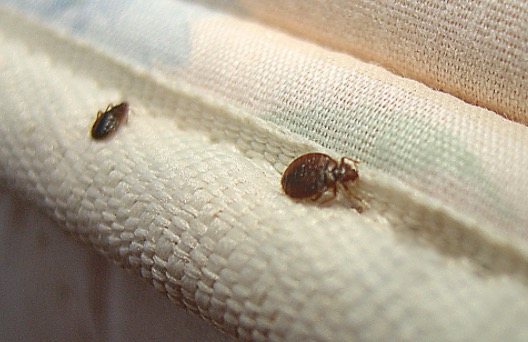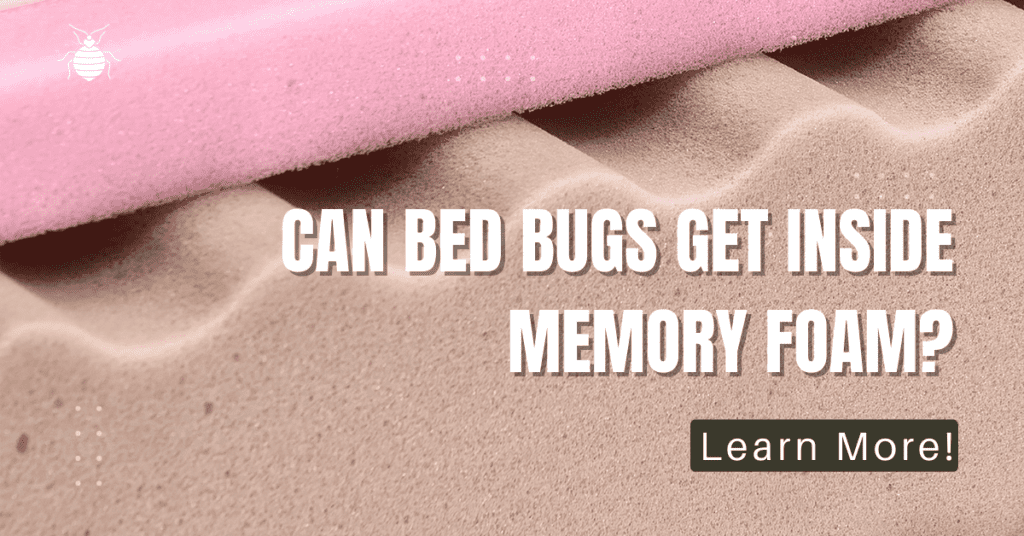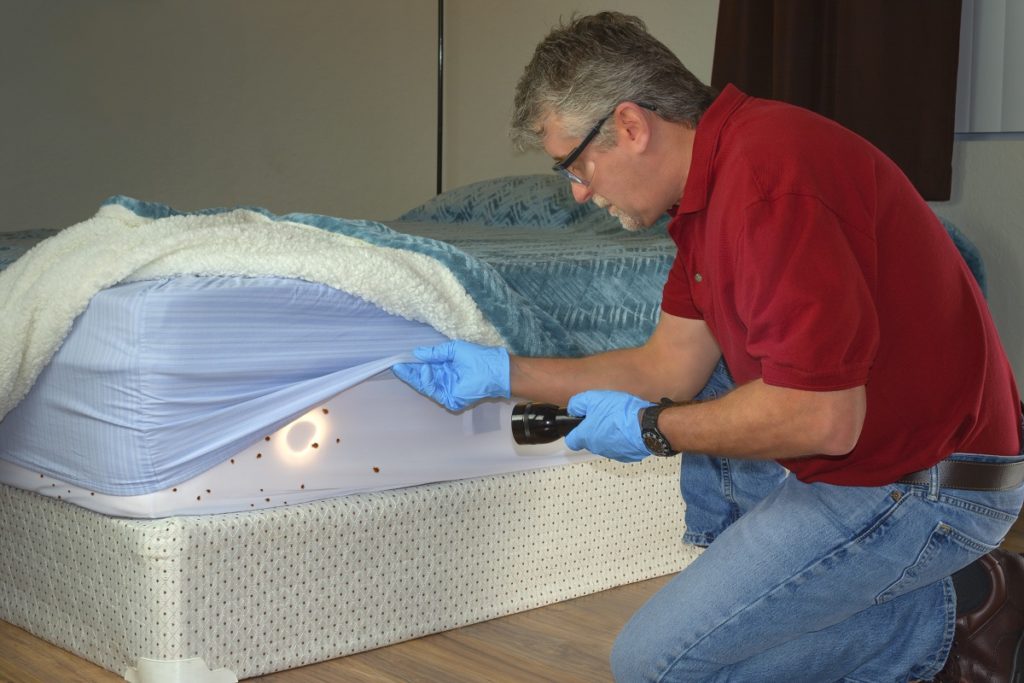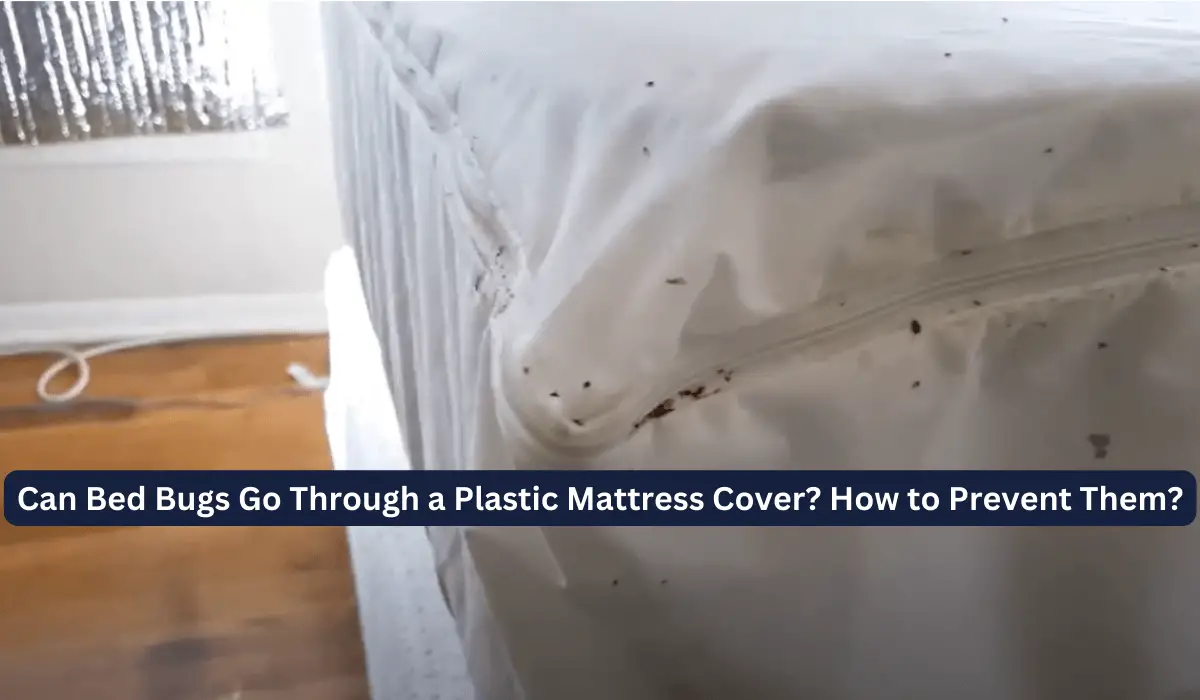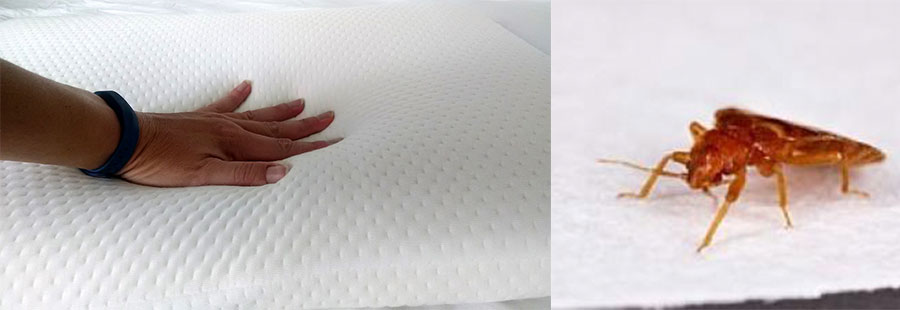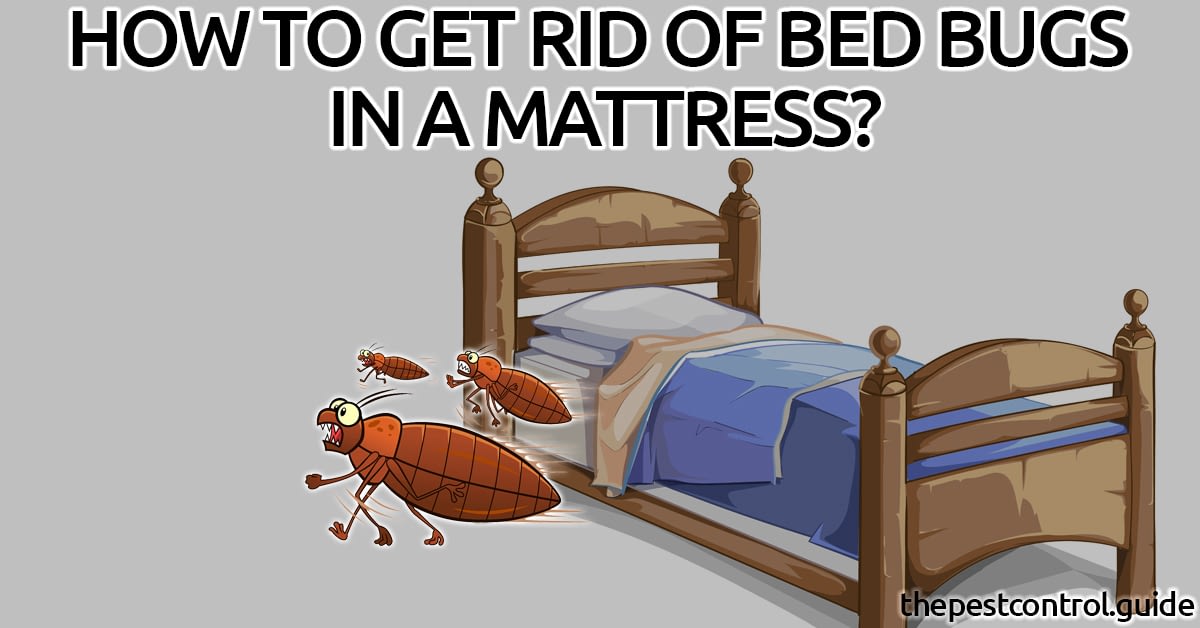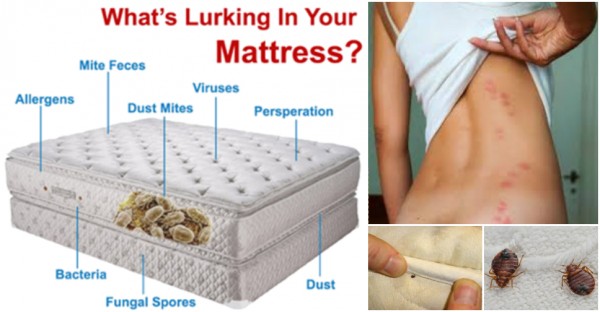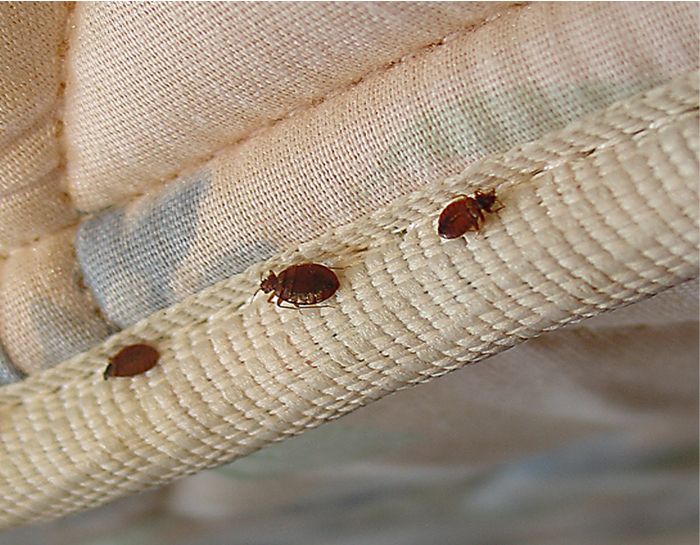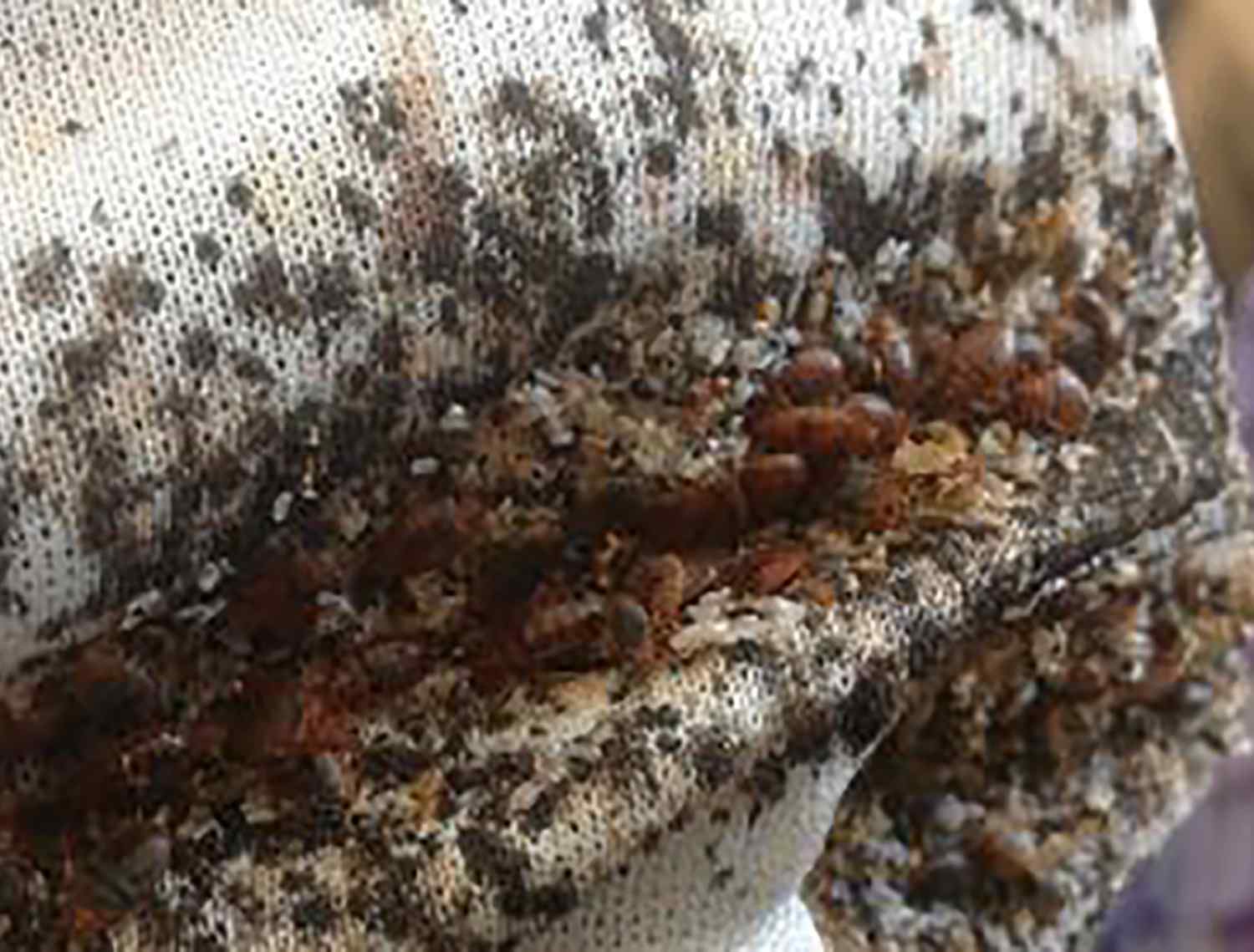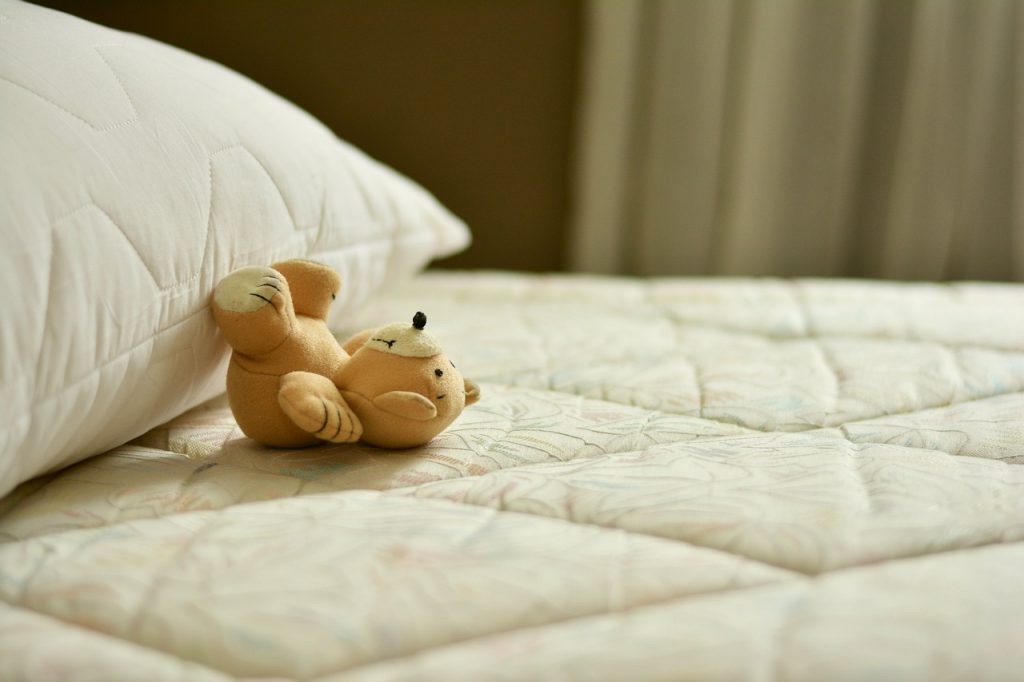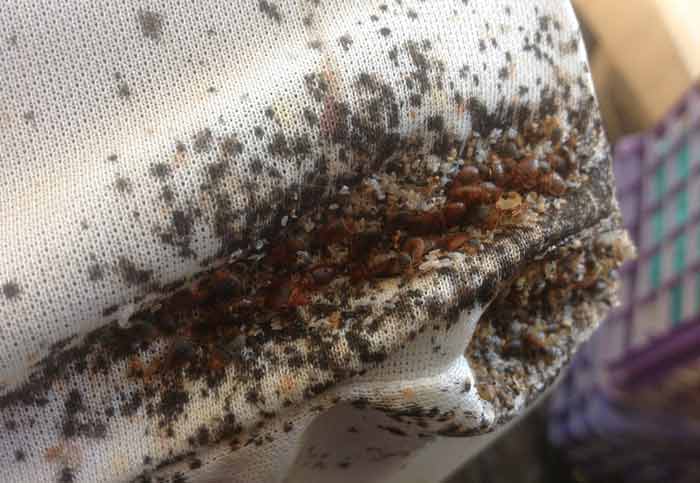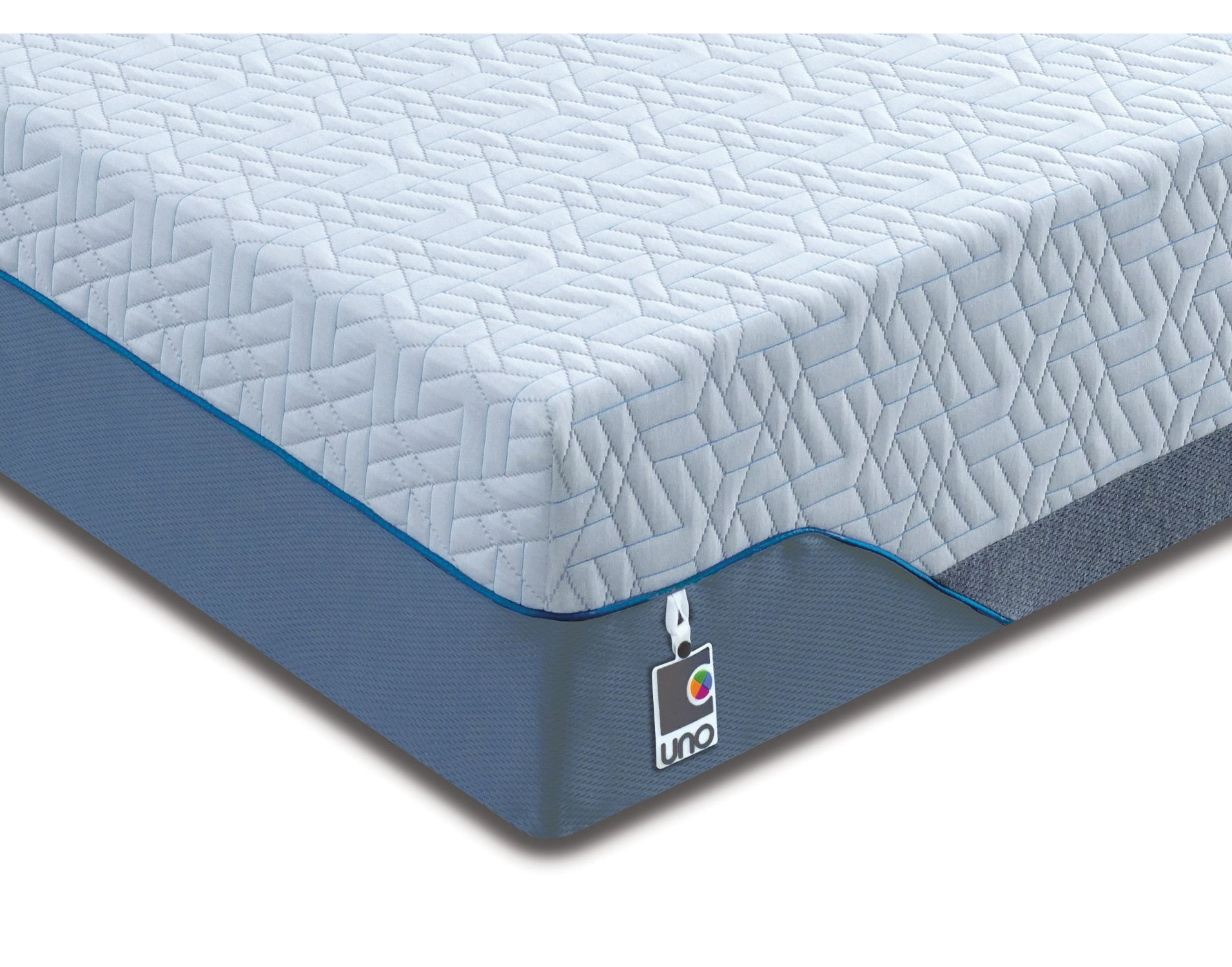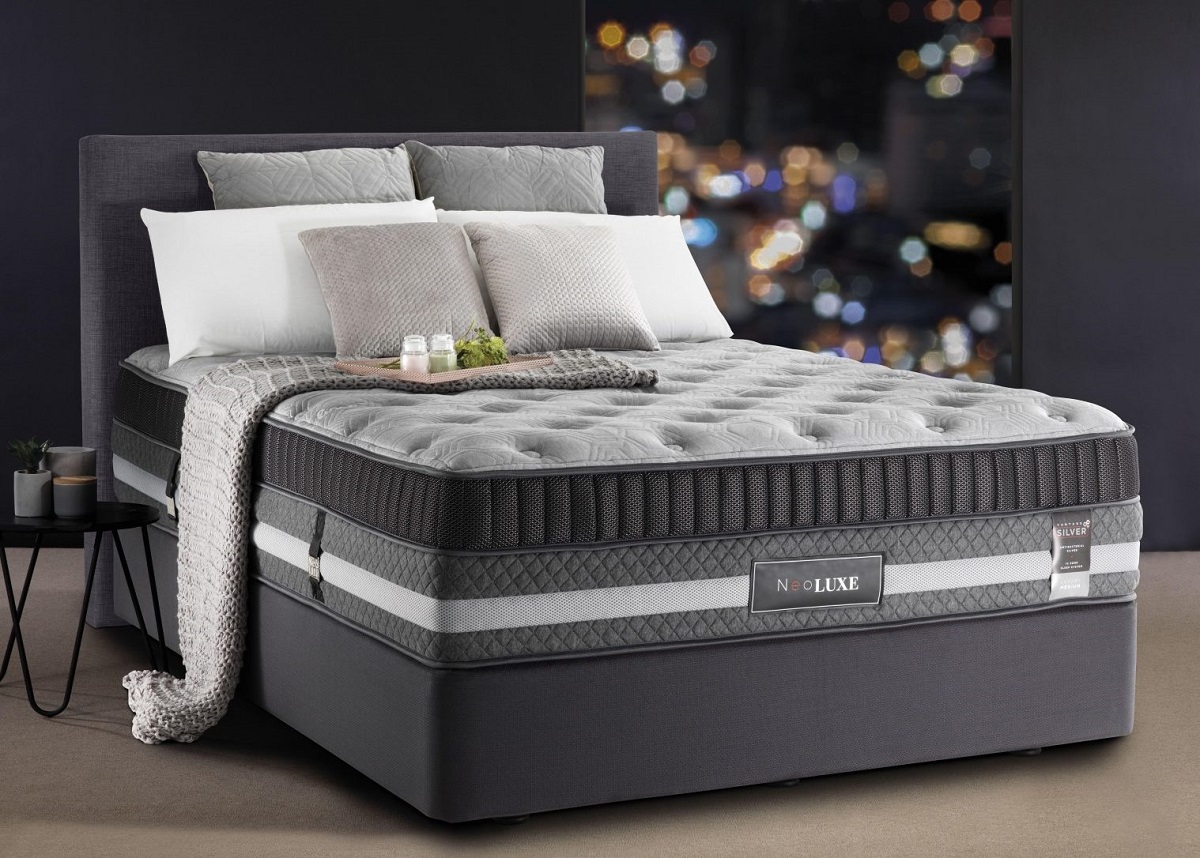Can bed bugs penetrate a mattress?
Bed bugs are small, reddish-brown insects that feed on human blood. They are most commonly found in mattresses, as they are attracted to the warmth and carbon dioxide that humans emit while sleeping. This raises the question, can bed bugs actually penetrate a mattress?
The answer is yes, bed bugs can indeed penetrate a mattress. These pests are skilled at squeezing through tiny crevices and can easily make their way into the fabric and stuffing of a mattress. However, there are steps you can take to prevent this from happening and protect your mattress from a bed bug infestation.
How to prevent bed bugs from penetrating a mattress
One of the best ways to prevent bed bugs from penetrating a mattress is to use a mattress encasement. This is a specially designed cover that completely encloses your mattress, preventing bed bugs from getting in or out. Make sure to choose one that is specifically labeled as bed bug proof.
Another preventative measure is to regularly vacuum and clean your mattress. This will help remove any bed bugs that may have already made their way inside, as well as any eggs or fecal matter. Use a vacuum with a HEPA filter for best results, and make sure to empty the contents into a sealed bag outside of your home.
What materials are bed bug proof?
When it comes to choosing a mattress, there are certain materials that are more bed bug resistant than others. Memory foam and latex mattresses are generally less susceptible to bed bugs, as their dense composition makes it difficult for the pests to penetrate. Additionally, these materials are less likely to have seams or crevices where bed bugs can hide.
Alternatively, traditional spring mattresses and box springs are more prone to bed bug infestations, as they have more spaces where the insects can hide and lay eggs.
Do mattress encasements protect against bed bugs?
As mentioned earlier, mattress encasements are an effective way to protect your mattress from bed bugs. These covers are made of a thick, durable material that bed bugs cannot easily penetrate. Additionally, they have a zipper closure that completely seals the mattress, making it virtually impossible for bed bugs to get in or out.
However, it's important to note that mattress encasements are not a foolproof solution. If there are already bed bugs living inside your mattress, the encasement will not get rid of them. It's important to use a combination of preventative measures and treatments to fully eliminate a bed bug infestation.
Can bed bugs live inside a mattress?
Unfortunately, yes. Bed bugs are known to live in various areas of a home, including mattresses. They are attracted to the warmth and carbon dioxide that humans emit while sleeping, making mattresses the perfect hiding spot for them.
Bed bugs can also lay eggs inside a mattress, making it even more difficult to get rid of them. If you suspect that you have a bed bug infestation, it's important to thoroughly inspect and treat your mattress.
How to check for bed bugs in a mattress
To check for bed bugs in your mattress, start by stripping off all bedding and linens. Carefully inspect the seams and folds of your mattress, as well as any crevices or buttons. Look for small, brownish bugs or their shed skins. You may also notice small black spots, which are bed bug feces.
If you are unsure whether or not you have bed bugs, you can also use a flashlight and credit card to scrape along the seams of your mattress. This may help dislodge any bed bugs or eggs that are hiding.
What to do if you find bed bugs in your mattress
Finding bed bugs in your mattress can be a stressful and unsettling experience. However, it's important to take action immediately in order to prevent the infestation from spreading. Here are the steps you should take if you find bed bugs in your mattress:
Can bed bugs go through memory foam mattresses?
While memory foam mattresses are less susceptible to bed bug infestations, they are not completely immune. Bed bugs are skilled at finding small cracks and crevices to hide in, so it is possible for them to penetrate a memory foam mattress.
However, the density of memory foam can make it more difficult for bed bugs to penetrate the mattress. Additionally, regularly vacuuming and cleaning your mattress can help prevent an infestation from occurring.
How to get rid of bed bugs in a mattress
Getting rid of bed bugs in a mattress can be a daunting task, but it is possible. The key is to act quickly and use a combination of preventative measures and treatments. Here are some steps you can take to get rid of bed bugs in your mattress:
Do bed bug mattress covers really work?
Yes, bed bug mattress covers do work to prevent and protect against bed bug infestations. They are designed specifically to prevent bed bugs from getting in or out of your mattress, making it more difficult for them to survive and reproduce.
However, it's important to note that mattress covers are not a standalone solution. It's still important to regularly clean and inspect your mattress, and use other preventative measures to ensure your home stays free of bed bugs.
How to Prevent Bed Bugs from Penetrating Your Mattress
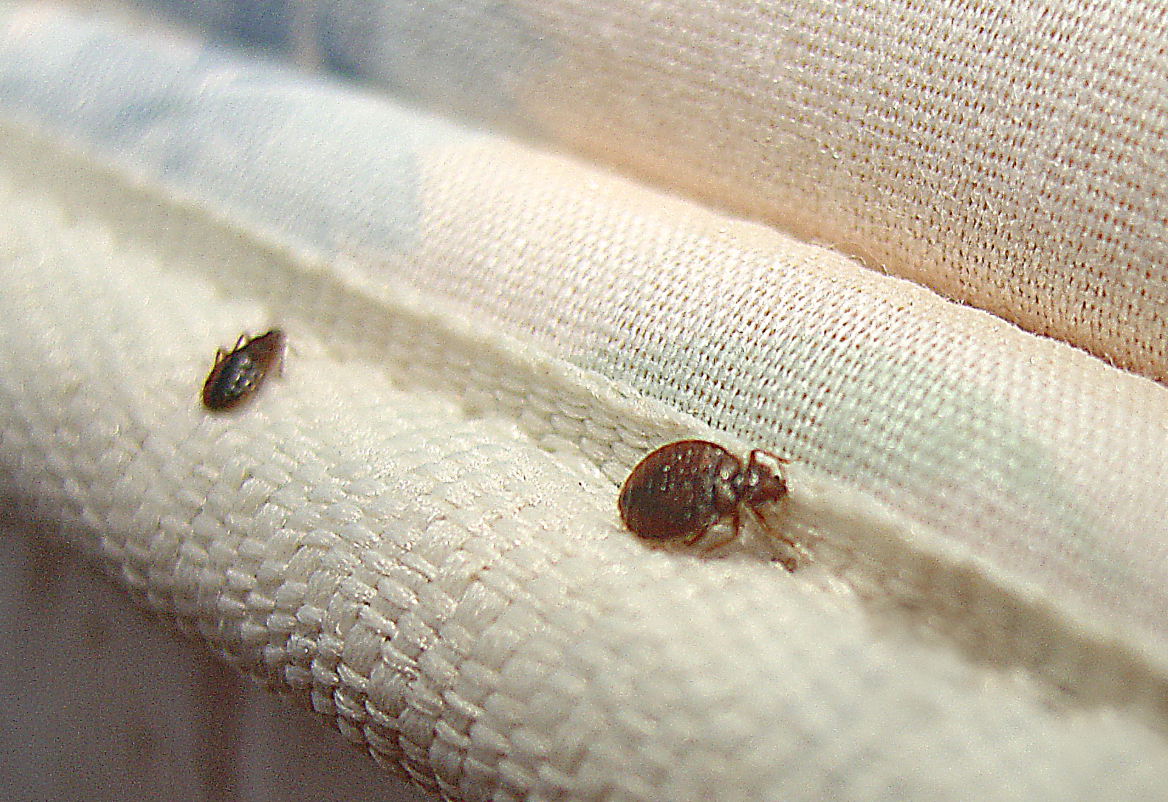
Understanding Bed Bugs and Their Habits
 Bed bugs are small, reddish-brown insects that are about the size of an apple seed. They are nocturnal and feed on human blood, typically at night while the person is asleep. While they do not transmit diseases, they can cause itchy bites and be a nuisance in the home. Bed bugs are excellent at hiding and can easily hitch a ride on clothing, luggage, or furniture, making it easy for them to spread to different locations. Once they infest a home, they can be challenging to get rid of, and prevention is the key to avoiding an infestation.
Bed bugs are small, reddish-brown insects that are about the size of an apple seed. They are nocturnal and feed on human blood, typically at night while the person is asleep. While they do not transmit diseases, they can cause itchy bites and be a nuisance in the home. Bed bugs are excellent at hiding and can easily hitch a ride on clothing, luggage, or furniture, making it easy for them to spread to different locations. Once they infest a home, they can be challenging to get rid of, and prevention is the key to avoiding an infestation.
The Role of Mattresses in Bed Bug Infestations
 Many people wonder if bed bugs can penetrate a mattress, and the answer is yes. Bed bugs are small enough to fit into the seams and crevices of a mattress, and they can also hide in the box spring and bed frame. They are attracted to the warmth and carbon dioxide emitted by humans, making mattresses the perfect place for them to hide and feed. Additionally, bed bugs can lay up to 500 eggs in their lifetime, and their fast reproduction rate means that an infestation can quickly get out of control.
Many people wonder if bed bugs can penetrate a mattress, and the answer is yes. Bed bugs are small enough to fit into the seams and crevices of a mattress, and they can also hide in the box spring and bed frame. They are attracted to the warmth and carbon dioxide emitted by humans, making mattresses the perfect place for them to hide and feed. Additionally, bed bugs can lay up to 500 eggs in their lifetime, and their fast reproduction rate means that an infestation can quickly get out of control.
Preventing Bed Bugs from Penetrating Your Mattress
 The best way to prevent bed bugs from penetrating your mattress is to be proactive and take preventive measures. Here are some tips to keep bed bugs at bay:
Inspect Second-Hand Furniture:
If you are buying used furniture, be sure to thoroughly inspect it for any signs of bed bugs, such as brown stains, shed skins, or live bugs.
Encase Your Mattress:
Use a special bed bug-proof encasement to cover your mattress and box spring. This will prevent bed bugs from entering or escaping and make it easier to detect and eliminate them if they do infest your mattress.
Keep Your Bed Away from Walls and Furniture:
Bed bugs can easily crawl onto your bed if it is touching walls or other furniture. Keep your bed at least a few inches away from other objects to make it harder for bed bugs to reach it.
Regularly Vacuum and Clean Your Mattress:
Vacuum your mattress and box spring regularly to remove any bed bugs or eggs. Also, wash your bedding in hot water to kill any bed bugs that may have hitched a ride.
The best way to prevent bed bugs from penetrating your mattress is to be proactive and take preventive measures. Here are some tips to keep bed bugs at bay:
Inspect Second-Hand Furniture:
If you are buying used furniture, be sure to thoroughly inspect it for any signs of bed bugs, such as brown stains, shed skins, or live bugs.
Encase Your Mattress:
Use a special bed bug-proof encasement to cover your mattress and box spring. This will prevent bed bugs from entering or escaping and make it easier to detect and eliminate them if they do infest your mattress.
Keep Your Bed Away from Walls and Furniture:
Bed bugs can easily crawl onto your bed if it is touching walls or other furniture. Keep your bed at least a few inches away from other objects to make it harder for bed bugs to reach it.
Regularly Vacuum and Clean Your Mattress:
Vacuum your mattress and box spring regularly to remove any bed bugs or eggs. Also, wash your bedding in hot water to kill any bed bugs that may have hitched a ride.
In Conclusion
 While bed bugs can penetrate a mattress, there are steps you can take to prevent this from happening. By being vigilant and taking preventive measures, you can keep these pesky insects from infesting your home and causing sleepless nights. If you do suspect a bed bug infestation, it is best to seek professional help to eliminate them completely. Remember, prevention is key when it comes to bed bugs and your mattress.
While bed bugs can penetrate a mattress, there are steps you can take to prevent this from happening. By being vigilant and taking preventive measures, you can keep these pesky insects from infesting your home and causing sleepless nights. If you do suspect a bed bug infestation, it is best to seek professional help to eliminate them completely. Remember, prevention is key when it comes to bed bugs and your mattress.
